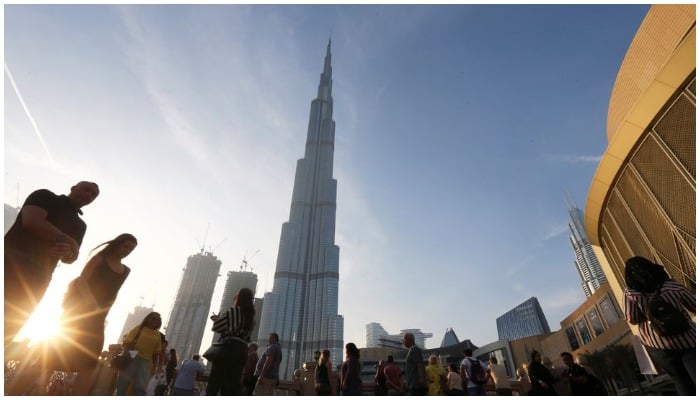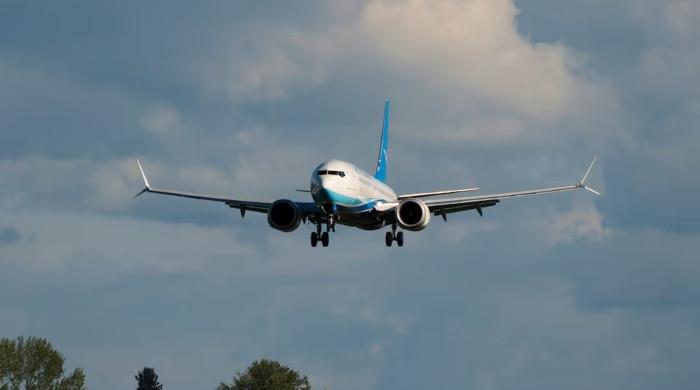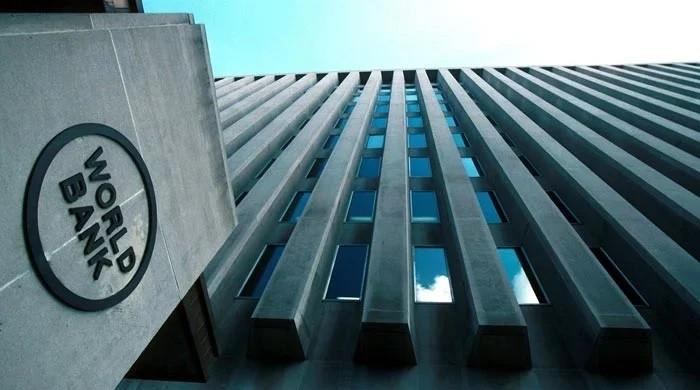UAE jobs: Gulf state to introduce unemployment insurance
Insured workers will receive money for limited time period if made unemployed under insurance, says UAE PM Rashid al-Maktoum
May 10, 2022

- Insured workers would receive money for limited time period if made unemployed under insurance, says UAE PM Rashid al-Maktoum.
- Says "intention is to strengthen labour market competitiveness, provide a social umbrella for workers."
- Unclear whether this would apply equally to citizens and non-citizen residents in UAE.
DUBAI: The United Arab Emirates will introduce a form of unemployment insurance, the cabinet said on Monday, the latest reform by the Gulf country as it strives to attract talent and investment amid increasing regional economic competition.
Insured workers would receive some money for a limited time period if made unemployed, UAE Prime Minister and Vice-President Sheikh Mohammed bin Rashid al-Maktoum, who is also the ruler of trade hub Dubai, said on Twitter, citing a cabinet decision.
"The intention is to strengthen labour market competitiveness, provide a social umbrella for workers and establish a stable working environment for all," the statement said.
The statement did not specify whether this would apply equally to citizens and non-citizen residents in the UAE.
Permission to reside in Gulf countries like the UAE, where foreigners make up 85% of the population according to the IMF, has traditionally been tied to employment, and loss of job usually means the worker has to leave the country.
Gulf states Qatar, Oman, Kuwait and Saudi Arabia have provided some form of unemployment support to citizens, and Bahrain also has a form of jobless insurance for resident non-citizen workers.
As Saudi Arabia, the largest Gulf state, opens up its economy the UAE has been pushing to retain the initiative over its neighbour, introducing new visa types and social reforms to attract and retain skilled labour and their families.
The UAE switched to a Saturday-Sunday weekend this year to move closer to global markets, and in the past 18 months has overhauled laws and regulations, including decriminalising alcohol consumption and pre-marital cohabitation.
The cabinet also announced new quota targets for the employment of Emirati citizens in the private sector - a long-standing policy known as "Emiratization".
It wants to see Emirati nationals representing 10% of private sector staff in companies with more than 50 employees by 2026, with rates increasing 2% a year until then.











